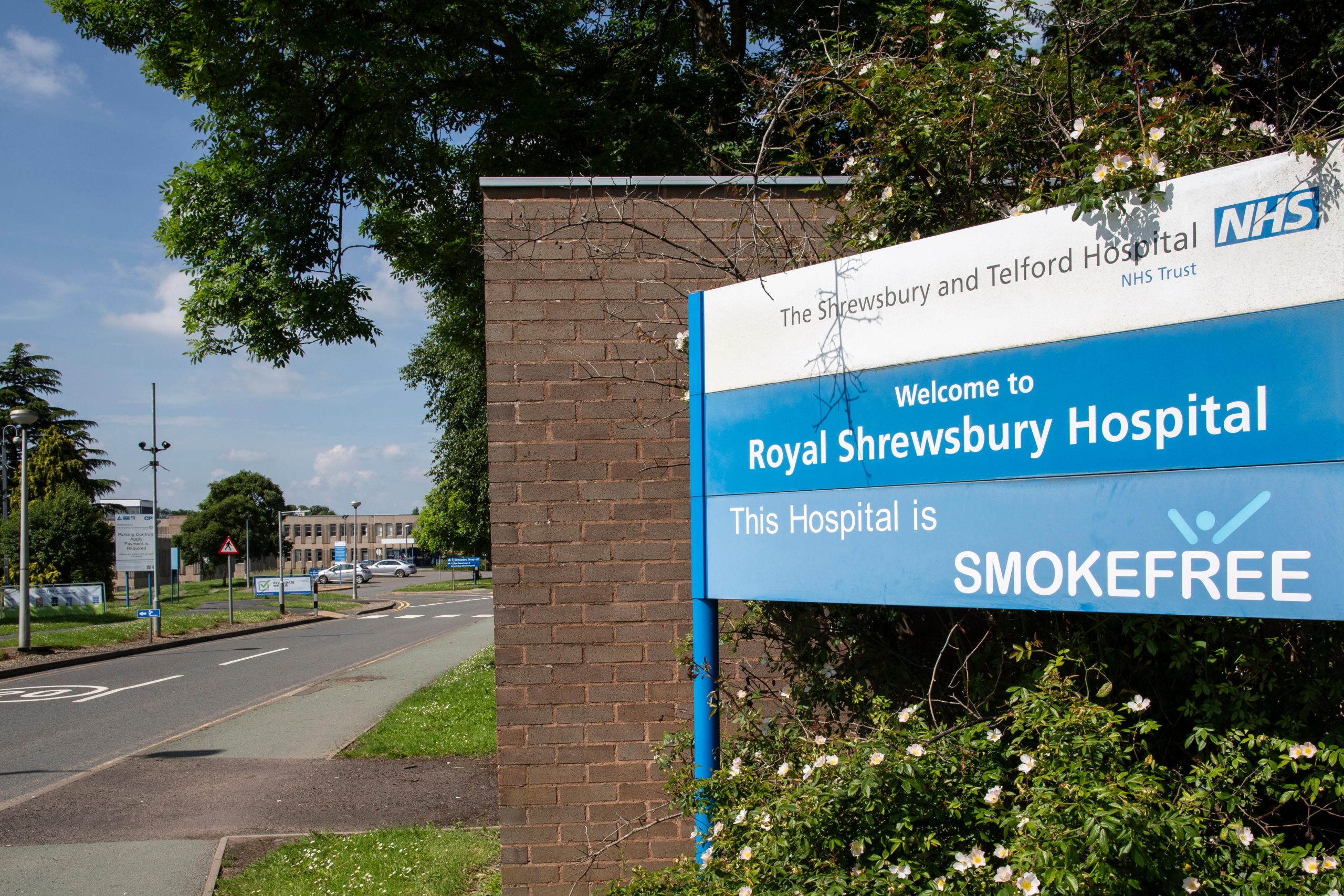An investigation into maternity care in the UK originally appeared in Volume 54, Issue 1 of our print edition of Index on Censorship, titled The forgotten patients: Lost voices in the global healthcare system, published on 11 April 2025. Read more about the issue here.
Donna Ockenden is a senior midwife who chaired the independent review into maternity services at Shrewsbury and Telford Hospital NHS Trust. Published in March 2022, it found that catastrophic failures at the trust may have led to the deaths of more than 200 babies and nine mothers. Ockenden concluded the trust “failed to investigate, failed to learn and failed to improve, and therefore often failed to safeguard mothers and their babies at one of the most important times in their lives”.
In May 2022, it was announced that Ockenden would chair a review of maternity services at Nottingham University Hospitals NHS Trust. It will report in 2026. She spoke to Index on Censorship for its special print edition on silenced voices in healthcare. Below is a full version of her powerful interview, and you can read Index’s investigation into whistleblowing in NHS maternity services here.
Index: Certain NHS trusts seem to be really struggling. This may be to do with all sorts of factors, including poverty and geography. Is this something you’ve also recognised?
Donna Ockenden: Absolutely. We know that if we take deprivation, where you live, where you receive your healthcare, the state of the public health provision around you, this will have a huge impact on all kinds of health outcomes. We know that women living in deprivation have much worse maternity outcomes, and often minority ethnic women are more likely to live in those areas of deprivation. So those are definitely linked.
The other thing – and it pains and upsets me to have to say it – is that I think a lot of kindness, compassion and civility has been lost from some areas of healthcare. The vast majority of people who work in the NHS every day go in to give their very all, to give us their very best. There’s no doubt about that.
But I’ve heard firsthand from mothers who have been shouted at, or mocked. When women talk about getting into the maternity room, they describe it as a brick wall. They have to ring [the hospital] multiple times when they know they are in labour. And there are examples of families who had an obstructed labour over days and days at home with tragic outcomes.
Index: It’s not a pretty picture. Is there a problem with listening to women? Is there a misogyny issue here?
DO: I think there’s definitely an issue with listening to women, a lack of hearing their voices, and then a lack of acting upon what they are telling you. There was an extra addition to this in Shrewsbury [and Telford], which is highlighted in the report. In some cases, when women died, they were blamed for their own deaths. The first time that one bereaved husband knew that it wasn’t his wife’s fault was when my team and I sat down and told him that, and he brought his teenage son along to hear it from us, because the boy had blamed himself as well. It’s horrible. So yes, in some trusts there is a problem; there is a belief that they always know best, and women are not listened to.
Index: Some parents have called for a wider national inquiry into maternity care. Do you think there is a good argument for a wider investigation?
DO: I have mixed views on that. I know many of the parents who are calling for a wider inquiry, and I appreciate where they’re coming from, and I’ve had many discussions with them on this. I suppose my concern is that public inquiries usually take a very long time to set up, and in the meantime, I think we know that what we need to do is to begin fixing perinatal care.
I say perinatal care, which means “around birth care”, because that includes not just maternity care, but also neonatal care and all the allied professionals. It would include health visiting, which is so, so important. We’ve completely lost our way with that – it’s a skeleton service. One health visitor said to me: “Our service has been vaporised.”
I think there is so much more that we could do in the here and now. I believe that what we are spending in a year on maternity claims more or less equals what we spend on maternity care provision. I’m not saying that a family shouldn’t be compensated – I would never say that. But we’re paying out so much for the cost of harm. And even with that compensation, we still leave behind harmed families whose lives can never be put back together again.
Index: Some people can no doubt be difficult, but surely, the first instinct should always be to listen, and assume that people aren’t problematic or lying. It seems that poorly run trusts assume the worst of people. Do you agree?
DO: I think you’re absolutely right, that is true. So, with our review, we offer all families the opportunity for a conversation. We don’t use the words “family stories” by the way. We say family accounts, because stories sound to me like Cinderella or Snow White, fairytales. But we start from the premise of believing families. [A traumatic event] might have happened a year ago, two years ago, five years ago, or eight years ago. Frequently, families will say this is the first time they have been heard, believed, or able to share what happened to them.
Index: You have spoken about your frustration that some of your “immediate and essential actions” (IEAs) from the Shrewsbury and Telford review have still not been implemented. Now we have another review into Nottingham. How optimistic are you that your findings will be taken up this time?
DO: I will keep pushing for the immediate and essential actions to be fully implemented. I think on a positive note, my sense is that the government is listening about health-related issues, of which maternity is one of many. But time will tell, and I will certainly keep campaigning and speaking out for the right thing to be done.
Index: You don’t want people to be frightened of going to their local hospital, but there does seem to be a postcode lottery. Do you have thoughts on this?
DO: I do a lot of work in Nottingham, specifically with minority ethnic women. So Black women, women of South Asian origin, and women living in deprivation. Often, the reason women and families won’t come forward for all kinds of healthcare (not just maternity care) is that they’ve completely lost trust in their local systems. They will describe to me how they haven’t been listened to or how they’ve been “othered”. They’ve been disregarded for so long. We saw that anyway during Covid, where the way to reach families was often through local community leaders. I think sometimes the NHS has a tendency to say: “Oh those women, they’re just hard to reach.” I think that, actually, if we go out and take time to build trust with communities, women and their families will come [to healthcare services] without a doubt. I think it’s really easy to talk about “hard-to-reach” populations: no, you’re just not trying hard enough, you’re not building trust and you’re not taking time.
Index: What needs to be done to address this crisis?
DO: It’s got to be investment into perinatal services. There’s a [financial] shortfall in maternity services, [whilst] more than £1 billion is paid out in claims [every year]. So, I think investment is the first thing and secondly, there has got to be an absolute commitment to listening to women, hearing women and acting on what they tell you. It’s fair to say that for many staff in the NHS, not just maternity services, they do not currently have the time to care. But there are occasions where there would be time, and still, women aren’t listened to. I always try to look at all aspects of an issue, rather than just say, “It’s definitely all funding,” and that’s the end of it. Funding is a massive issue, but civility, compassion, and lack of listening are huge issues as well.






